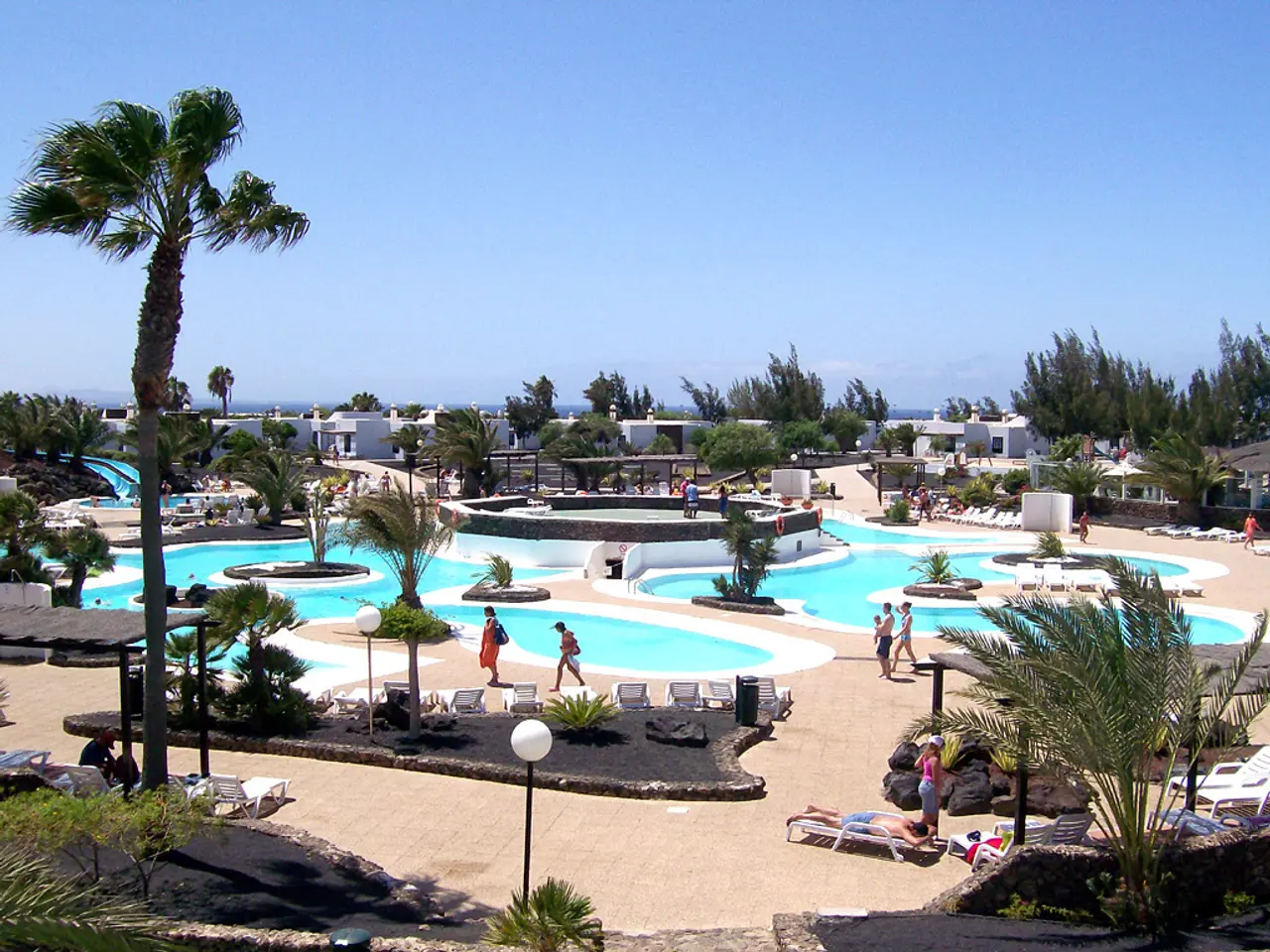Global conference recognizes Bojo River as benchmark for eco-friendly tourist destinations
Bojo River's Sustainable Ecotourism Model Shines at East Asia Tourism Forum
On Thursday, July 24, 2025, the Bojo River in Aloguinsan, Cebu, was in the spotlight at the East Asia Tourism Forum held in Cebu City. This community-based ecotourism model, managed by the Bojo Aloguinsan Ecotourism Association (Baetas), was recognised as a "best practice" for sustainable and locally operated ecotourism.
The Bojo River ecotourism model integrates environmental conservation, cultural education, and socioeconomic upliftment of local communities through eco-friendly river cruises in a rich mangrove ecosystem. Best practices of this model include locally managed operations that empower the community economically while preserving natural and cultural heritage, a thriving mangrove ecosystem that supports biodiversity and educates visitors on environmental stewardship, and the use of sustainable tourism practices.
The Bojo River project received awards and recognition for its success in balancing ecological protection with economic benefits for locals, making it a replicable model for sustainable tourism. At the forum, it was publicly honoured as a "standard for sustainable tourism" and a "best practice" model, attracting international attention from diverse tourism stakeholders, including delegates from East Asia and the US.
Governor Pamela Baricuatro underscored the forum's importance for Cebu Province and the broader East Asia region, reiterating the importance of tourism that empowers local communities and safeguards heritage. The forum fostered regional collaborations and commitments to support similar community-based ecotourism initiatives, including mentorship and sharing of the Bojo River model with other provinces and regions, enhancing cooperation across East Asia on sustainable tourism, and encouraging ecotourism that empowers local people while preserving heritage and natural resources.
Ariane Masibay, an HNU intern, was present at the East Asia Tourism Forum. The forum concluded with renewed commitments to support initiatives like Bojo River, emphasising initiatives that empower local communities while preserving natural and cultural heritage. Discussions acknowledged the efforts of organisations like the Philippine Association of Tourism Advocates (Pata) for promoting inclusive, grassroots-led tourism development.
In summary, the Bojo River ecotourism model exemplifies successful community-based tourism through its sustainable environmental management, community empowerment, and active regional and international collaborations reinforced by prestigious recognition at the 2025 East Asia Tourism Forum.
- The Bojo River in Cebu, known for its sustainable ecotourism model, was honored at the 2025 East Asia Tourism Forum for balancing ecological protection with economic benefits for local communities.
- The lifestyle and travel sector would benefit from learning about the Bojo River's environmental-science practices, such as its thriving mangrove ecosystem and eco-friendly river cruises, which also offer cultural education.
- The Bojo River project's success in education, environment, and lifestyle, as well as its role in empowering local communities, has made it a replicable model for sustainable tourism initiatives across the East Asia region.




